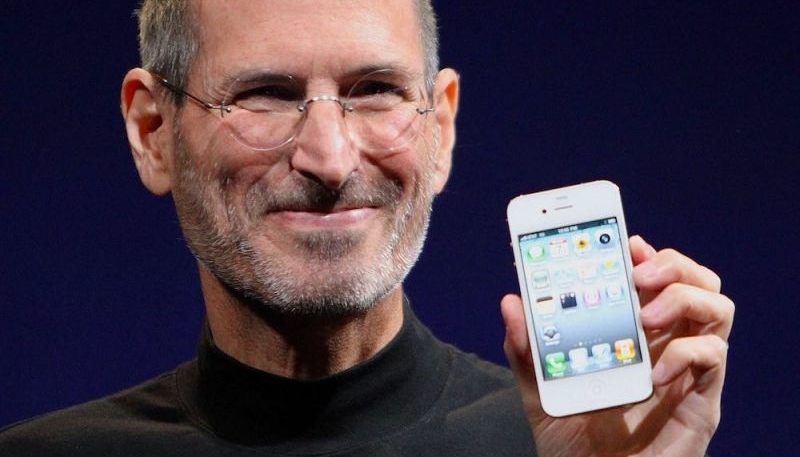Apple co-founder and former CEO Steve Jobs wasn’t exactly a sweetheart during his time at Apple, and as you can image, there wasn’t much of a difference at his other companies, Next and Pixar. While Jobs was known for being pompous, strong-willed, and a few other things you can’t print on a family website, he didn’t care for yes men.
In an interview posted by the Steve Jobs Archive, Ed Catmull, co-founder of Pixar Animation Studios and filmmaker Jon M. Chu (Wicked, Crazy Rich Asians) discussed Steve’s managerial style while at Pixar.
Catmull says the the “braintrust” at Pixar was “very intense,” in several arguments about the direction that should be taken to solve issues with movies in development. Catmull assures us that the arguments were indeed heated, they were not taken personal, and were more about what was best for the film.
Jobs, while the majority stockholder at Pixar, still had to deal with a board of directors, the bane of any CEO’s existence. The board is described by Catmull as “really lively group with very powerful, opinionated people.” Still, Jobs became frustrated with two board members, eventually getting them removed from the board, not because they disagreed with him, but because in his eyes they were “yes men” who brought nothing to the company.
At Pixar, a “Braintrust” was intended to provide feedback to new directors as they joined the company. However, since the Braintrust was located in the same building, it was felt that there was a loss of objectivity. It was then decided that Jobs should be the feedback point person. However, Jobs was asked to never attend a Braintrust meeting, as it would be almost impossible for him to say anything and not change the atmosphere in the room.
Jobs agreed and stayed out of the meetings. However, he still saw the movies the same time the board members were being shown them.
Jobs would then provide feedback, telling the director and producer after screenings, “I’m not a film director. You can ignore everything I say,” before providing his usual powerful feedback.
While Jobs often wasn’t saying anything that hadn’t already been said by the Braintrust, his comments would often feel like a “gut punch.”
Filmmaker John Chu recalls the iMac press event, where Jobs admitted Apple made a mistake not equipping the new computer with a CD-R drive. “We’re like eight months behind the ball, but we’re going to change that today,” Chu remembers Jobs saying.
Chu remembers thinking he had never seen Jobs admit to a mistake like that in public. Catmull then realized that Jobs did not see any advantage in being wrong, so he admitted it easily.
While Jobs was criticized by many observers for the admission, Catmull didn’t see it that way. “It’s acknowledging it and fixing it quickly, that was his power,” Catmull said.


